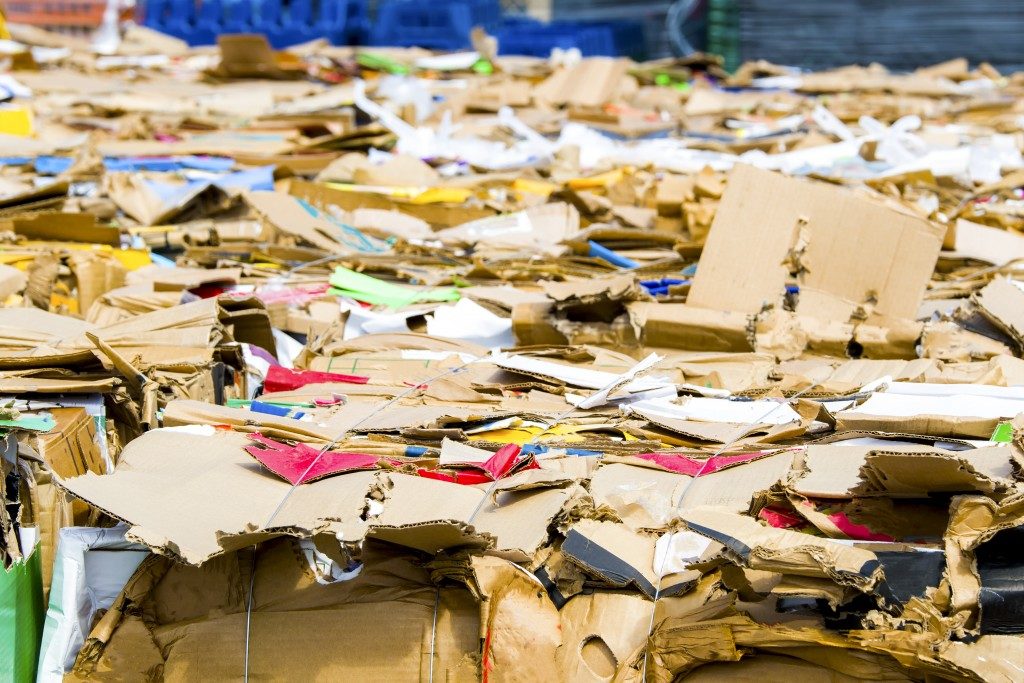Sometimes reports of large-scale illegal dumping or exportation of waste make it to the evening news. More often, we are blissfully unaware of the irresponsible handling of commercial, medical, and industrial rubbish. Waste crimes are largely unreported mainly because we are unaware that a crime is committed. In Sydney, we aren’t even well-versed with policies governing construction garbage disposal. By becoming aware, we can all be stewards of responsible waste handling and management.
Waste minimisation—a priority
Day-to-day functions of modern living generate tonnes of solid and liquid waste. Even with proper disposal routes, it has been an overwhelming burden for urban centres to deal with the burgeoning amount of waste particularly made of non-biodegradable plastic. Despite efforts to divert waste from landfill and facilitate recycling hazardous waste such as paints, used electronics, and batteries, equipment containing mercury end up leaching chemical compounds into the soil. The presence of compounds hazardous to humans and the environment is directly related to our haphazard attitude toward waste generation and handling.
Before we even tackle the issue of improper waste disposal and the need for better compliance to local and government regulations, we have to recognise the enormous impact of increasing waste generation in a society that is only becoming more commerce-centric. We must exert a huge amount of effort toward waste minimisation.
The impact of current waste handling procedures

Landfills that are set aside to contain the solid waste we produce are being overwhelmed. Because of haphazard practices, a significant number of landfills now rotting under the sun and rain produce gases that contribute to the warming of the planet. Decomposition itself produces heat energy that is released into the atmosphere. In addition, landfills that are open to pest and small animals could be the source of health hazards. Vermin and insects that frequent these sites could make it to residential communities where they spread diseases. Incineration seems to be a quick and effective solution. However, indiscriminate burning of waste releases hazardous chemicals such as heavy metals in the air. The way we handle waste carelessly is harming not only our home planet but our communities as well.
Waste management priorities
Today, handling all types of waste materials include collection, transportation, processing, and disposal. Local governments and national agencies must rethink current policies and procedures to deal with the increasing volume of waste generated every day. Without a waste management strategy in place, a community will keep struggling to manage the bulk of waste that landfills and incinerators are unable to handle.
Another important aspect of waste management is minimising lost profits and maximising resources by recycling. If everyone contributes, we can expect recyclable waste to be processed in recycling centres. Home and businesses can impose strict rubbish segregation guidelines to facilitate identification of items that can be recycled.
Tonnes of regulated and non-regulated waste are produced in Australia every year. Without a concerted effort and responsible leadership, we’d be facing a future where hazardous waste, medical waste, and household waste litter the land and soil the seas. We have to think about how each of us can contribute to waste minimisation, recycling, and disposal methods with a low environmental impact. Are you committed to responsible and sustainable waste management?

